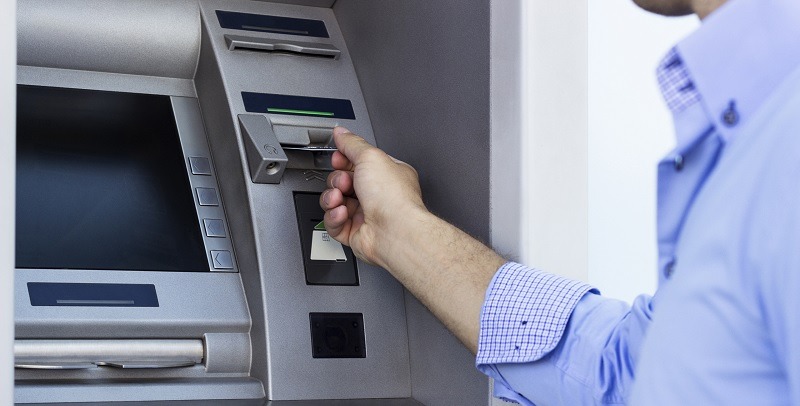
When you are depositing money into your bank account, you’re probably expecting it to be available very soon. However, issues might come up that prevents the money from being credited to your checking account.
This can be a frustrating position to be in, especially when you already have plans to use the money. That is why it’s important to understand how your deposits are processed and why your money may not always be available.
Even though banks are becoming more technologically advanced, they can still take a while when clearing your check. Learn why your money may not be available at your bank.
Understand How Your Money Gets to Your Bank Account
Simply put, whenever you make a deposit to your bank, the deposit will be credited to your account. However, the bank doesn’t always instantly receive the money that you’re depositing. That is because your banks must send the checks they receive to the regional clearinghouse, after which they are sent to the check writer’s bank, then the money is taken out of the account there. This all happens before your money reaches your account.
If the bank is from out of state or in a different part of the country, it may take additional time for the check to go through the check clearing process. If the check is local, your bank will usually extend you a credit while they are waiting to collect the money from the other bank.
As mentioned above, if the check is for a large amount or is from out of state, then the funds may be held by your bank. That is why many people will opt for direct deposit, which electronically deposits your funds, allow for you to receive your money right away.
Look for the Next Business Day Notice
Many banks have a cutoff time when they switch over to the next business day. This means that there is a certain time you must make your deposit before in order for it to be available the next day. One reason that banks do this is so they can send the majority of the day’s work on to the processing center so everything can be processed by midnight.
This may sometimes apply to checks too. Whenever you make a deposit using a check, the receipt will say next business day or put the date that you will receive the funds on the receipt. This means that although they have received the money, the check will not be sent to the processing center until the next business day.
So, instead of your money being available the next morning, it will be available the day after. If a bank has already crossed over to the next business day, there is usually a sign in the bank denoting this. It also may print on your receipt. The ATM will also inform you if it has been switched over to the next business day.
To speed up the process, you can always try physically going inside the bank to deposit your check instead of using an ATM. The teller will be able to look over your check. While doing so, you can ask if the same business day delivery option is available.
Be Aware of Holds on Your Account
Holds on your account arise when the check is for a large amount, it is an insurance check, or it is a check from out of state. Generally, the larger the check, the more risk the bank takes on if they were to accept it. That is why the put holds on large amounts. Although most checks take a few days to process, the banks allows you access to the money because most checks still clear. If the bank does put a hold on your account, they must notify you and explain how long it wil be until the funds are available to you.
Monitor for Bank Mix Ups
Occasionally, you may not have the money available to you because of a mix-up with the bank. A good way to look out for this is to monitor your account daily. When you make a deposit, it should show up in your account history, even if the funds are not immediately available to you.
An example, of a mix up is if your money is posted to the wrong account. When this happens, there will not be a record of the deposit when you access your account.
Be sure to contact your bank if this ever occurs. Also, keep you receipts whenever you make a deposit so you have proof of the transaction. This way, your bank will remediate the issue much faster.
 |
 |
 |
 |
Bottom Line
To summarize the points we made above as to how to avoid holds on your a bank account, you need to do a couple of things. You want to make sure you understand why there are hold and how to avoid them. Looking for same day or next business day notices can help you know when to expect your funds to hit.
If you are unsure why your funds aren’t available yet, there might be a mix up you must fix. With all of this in mind, be sure to check our more of our bank guides, credit card bonuses, and ways to save money!




Leave a Reply